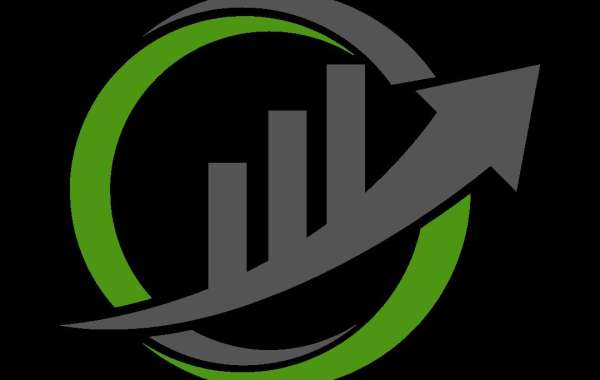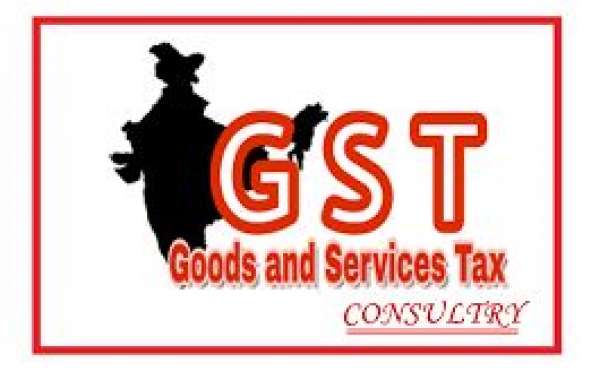QuickBooks vs. Sage 50: Which Accounting Software is Right for Your Business?
Choosing the right accounting software is crucial for the financial health and efficiency of your business. Two popular options in the market are QuickBooks and Sage 50. Both offer robust features, but they cater to different business needs and preferences. In this blog, we will compare QuickBooks and Sage 50, highlighting their features, benefits, and key differences to help you make an informed decision.
Overview of QuickBooks
QuickBooks, developed by Intuit, is widely recognized for its user-friendly interface and comprehensive features tailored for small to medium-sized businesses. It offers a variety of products including QuickBooks Online, QuickBooks Desktop, and QuickBooks Self-Employed, each designed to meet specific business needs.
Key Features of QuickBooks
- Ease of Use: QuickBooks is known for its intuitive interface, making it accessible even for users with limited accounting knowledge.
- Cloud-Based Option: QuickBooks Online allows you to access your financial data from anywhere, at any time, providing flexibility and convenience.
- Invoicing and Payments: It offers advanced invoicing capabilities, allowing you to create, send, and track invoices efficiently. Integration with payment processing systems ensures you get paid faster.
- Expense Tracking: Automatically track expenses by connecting your bank and credit card accounts, making it easier to manage cash flow.
- Reporting: QuickBooks provides a range of customizable reports to help you gain insights into your business’s financial performance.
- Third-Party Integrations: It integrates with numerous third-party applications, enhancing its functionality and allowing seamless workflows.
Overview of Sage 50
Sage 50, formerly known as Peachtree, is a powerful accounting software solution designed for small to medium-sized businesses. It is particularly favored by companies that require advanced accounting features and industry-specific solutions.
Key Features of Sage 50
- Robust Accounting Capabilities: Sage 50 offers comprehensive accounting features, including advanced inventory management, job costing, and project tracking.
- Security: Known for its strong security features, Sage 50 ensures that your financial data is protected.
- Industry-Specific Solutions: Sage 50 provides industry-specific versions tailored to sectors like construction, manufacturing, and distribution.
- Scalability: As your business grows, Sage 50 can scale with you, offering more advanced features and higher user limits.
- Detailed Reporting: It offers extensive reporting capabilities, allowing for detailed financial analysis and better decision-making.
- Integration with Microsoft Office: Sage 50 integrates seamlessly with Microsoft Office products, enhancing productivity and ease of use.
QuickBooks vs. Sage 50: A Detailed Comparison
User Interface and Ease of Use
QuickBooks: QuickBooks is renowned for its user-friendly interface. Its design is intuitive, making it easy for non-accountants to navigate and use effectively. The learning curve is relatively short, which means businesses can start using it quickly without extensive training.
Sage 50: Sage 50, while powerful, has a steeper learning curve compared to QuickBooks. It offers more complex features that might require some accounting knowledge or training to use effectively. However, once mastered, it provides deep and comprehensive control over financial management.
Pricing
QuickBooks: QuickBooks offers various pricing plans to suit different business needs. QuickBooks Online plans range from basic to advanced features, with pricing tiers that reflect the level of functionality. There is also a one-time purchase option for QuickBooks Desktop.
Sage 50: Sage 50 also offers different pricing tiers, with plans that include varying levels of features and user licenses. Generally, Sage 50 tends to be more expensive than QuickBooks, reflecting its more advanced capabilities and industry-specific solutions.
Features and Functionality
QuickBooks: QuickBooks is feature-rich, with robust capabilities in invoicing, expense tracking, and reporting. It also offers payroll integration and time tracking. Its third-party integrations enhance its functionality, making it a versatile choice for many small businesses.
Sage 50: Sage 50 excels in offering advanced accounting features, such as detailed job costing, project management, and inventory management. Its industry-specific solutions provide tailored functionality for businesses in specialized sectors. Sage 50’s detailed reporting and strong security features are also notable.
Scalability
QuickBooks: QuickBooks is suitable for small to medium-sized businesses and can scale with growing businesses to an extent. However, it might not meet the needs of larger enterprises or those requiring highly specialized accounting functions.
Sage 50: Sage 50 is designed to scale with your business, offering advanced features and support for more users as your business grows. Its scalability makes it a preferred choice for businesses that anticipate significant growth or have complex accounting needs.
Customer Support
QuickBooks: QuickBooks offers comprehensive customer support, including online resources, community forums, and direct support through phone and chat. Their support is generally well-regarded for being responsive and helpful.
Sage 50: Sage 50 provides robust customer support, including detailed documentation, online resources, and direct support options. Given the complexity of the software, having access to knowledgeable support staff is a significant advantage.
Conclusion: Which is Right for Your Business?
Choosing between QuickBooks and Sage 50 depends on your business’s specific needs and priorities. If you are looking for user-friendly software with a shorter learning curve and strong cloud-based options, QuickBooks might be the best choice for you. It offers a comprehensive set of features suitable for many small to medium-sized businesses at an affordable price point.
On the other hand, if your business requires more advanced accounting capabilities, industry-specific solutions, and plans to scale significantly, Sage 50 could be the better option. While it may require more initial training, the depth of its features and its ability to grow with your business can provide long-term benefits.
Both QuickBooks and Sage 50 have their strengths and choosing the right one will depend on evaluating your business requirements and future growth plans.
Read More : http://3.110.3.61/




